Water Management
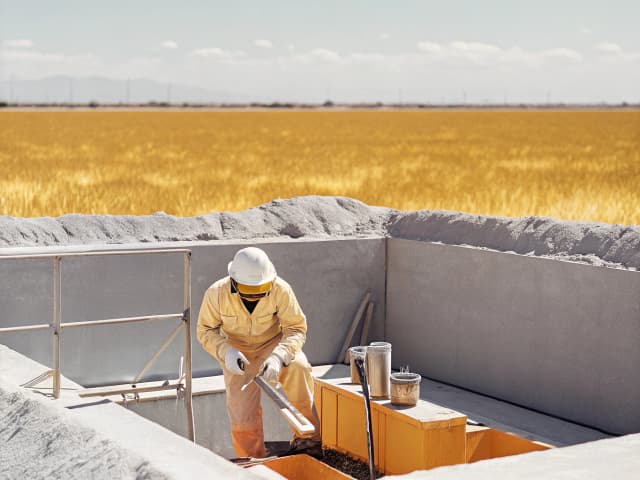
Housing Accountability Act: housing development projects.
Requires lodging be excluded from two-thirds residential mixed-use housing projects. Lodging may exist separately but is ineligible for housing incentives. Imposes fines of at least ten thousand per housing unit and preserves private enforcement. Operative effect depends on sequencing with AB 1308.
Housing Accountability Act: housing development projects.

Requires lodging be excluded from two-thirds residential mixed-use housing projects. Lodging may exist separately but is ineligible for housing incentives. Imposes fines of at least ten thousand per housing unit and preserves private enforcement. Operative effect depends on sequencing with AB 1308.
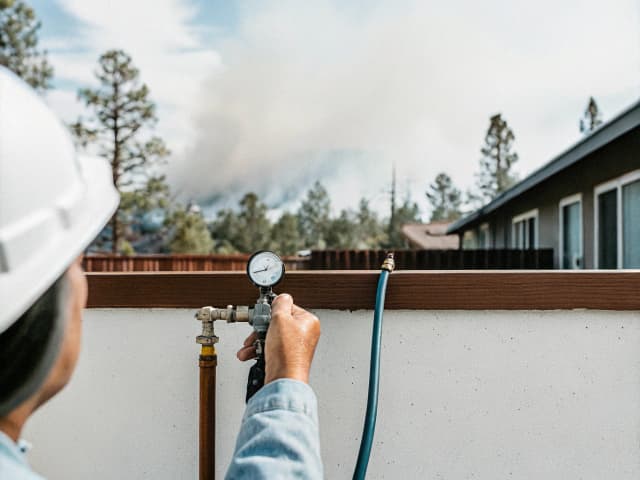
Water: Urban Water Community Drought Relief program: Small Community Drought Relief program: high fire hazard and very high fire hazard severity zones.
Establishes two new drought relief grant programs for urban and rural communities in California. Funds water system improvements to reduce wildfire risk in high-risk fire zones. Provides emergency water supplies through temporary tanks, hauled water, and new infrastructure. Supports water conservation projects including education and turf replacement programs.
Water: Urban Water Community Drought Relief program: Small Community Drought Relief program: high fire hazard and very high fire hazard severity zones.

Establishes two new drought relief grant programs for urban and rural communities in California. Funds water system improvements to reduce wildfire risk in high-risk fire zones. Provides emergency water supplies through temporary tanks, hauled water, and new infrastructure. Supports water conservation projects including education and turf replacement programs.

Water systems and water districts.
Undeveloped "intent bill" that aims to regulate water systems and water districts in California.
Water systems and water districts.

Undeveloped "intent bill" that aims to regulate water systems and water districts in California.

Municipal wastewater agency: new agreement or amendment.
Extends the deadline for municipal wastewater agencies to file stormwater agreements from 30 to 40 days. Maintains existing authority for wastewater agencies to manage stormwater and collect related fees. Requires filing agreements with local agency formation commissions in all counties where the agency operates.
Municipal wastewater agency: new agreement or amendment.

Extends the deadline for municipal wastewater agencies to file stormwater agreements from 30 to 40 days. Maintains existing authority for wastewater agencies to manage stormwater and collect related fees. Requires filing agreements with local agency formation commissions in all counties where the agency operates.

Public housing: lead testing.
Requires public housing authorities to inform residents about free water lead testing programs. Mandates cities and counties to provide lead testing information to all public housing residents. Establishes state reimbursement for local agencies to implement the information program.
Public housing: lead testing.

Requires public housing authorities to inform residents about free water lead testing programs. Mandates cities and counties to provide lead testing information to all public housing residents. Establishes state reimbursement for local agencies to implement the information program.
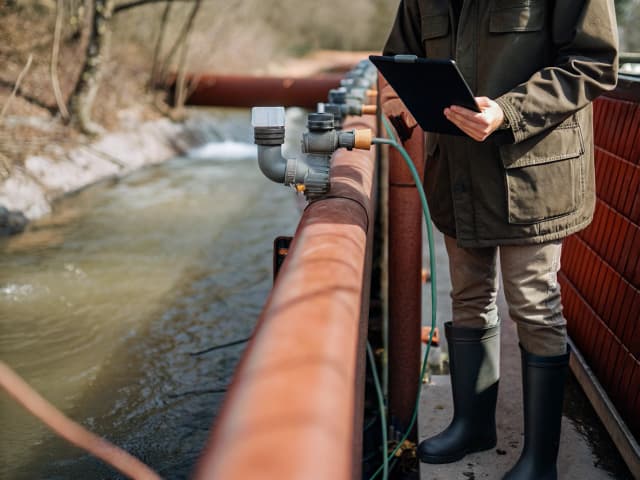
Determination of water rights: stream system.
Expands state water board authority to investigate and verify water rights claims in stream systems. Requires water users to respond to information orders within 75 days when existing data is inadequate. Authorizes the board to conduct field investigations of water use with 30 days notice to property owners. Mandates cost-sharing among users when multiple parties must submit similar water usage reports.
Determination of water rights: stream system.

Expands state water board authority to investigate and verify water rights claims in stream systems. Requires water users to respond to information orders within 75 days when existing data is inadequate. Authorizes the board to conduct field investigations of water use with 30 days notice to property owners. Mandates cost-sharing among users when multiple parties must submit similar water usage reports.
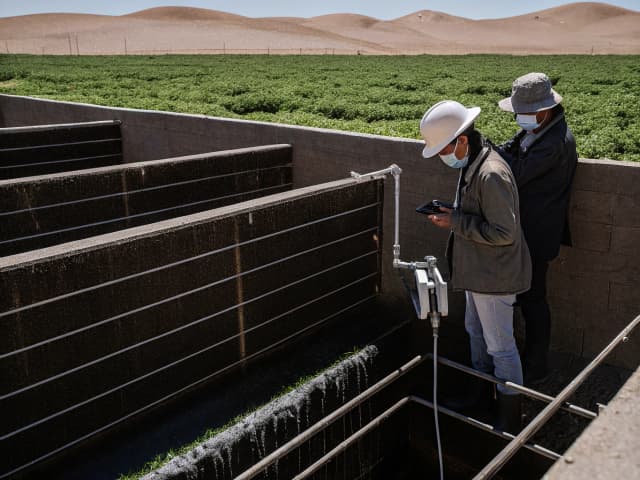
Groundwater adjudication.
Allows minor-quantity groundwater claimants to be treated separately instead of exemption. Establishes SGMA-based case management and requires groundwater sustainability agencies to provide technical reports. Creates a presumption of accuracy for small claims and requires crop and acreage data. Permits interim payments for groundwater sustainability agency reports and makes the reports prima facie evidence.
Groundwater adjudication.

Allows minor-quantity groundwater claimants to be treated separately instead of exemption. Establishes SGMA-based case management and requires groundwater sustainability agencies to provide technical reports. Creates a presumption of accuracy for small claims and requires crop and acreage data. Permits interim payments for groundwater sustainability agency reports and makes the reports prima facie evidence.
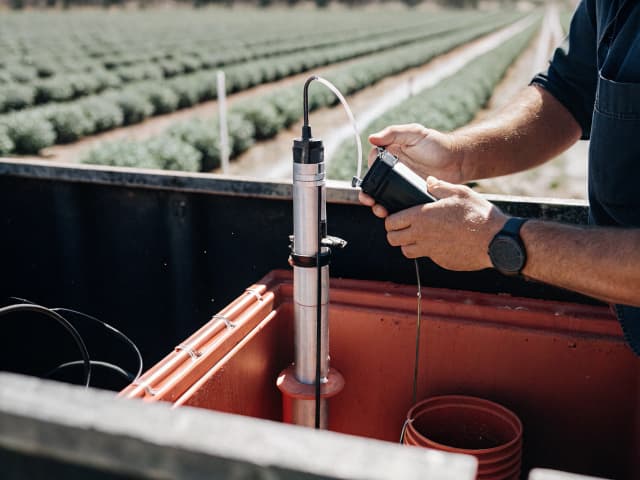
Sustainable Groundwater Management Act: groundwater adjudication.
Requires courts to limit groundwater pumping to sustainable levels established in approved management plans. Mandates groundwater agencies to review and update sustainable yield determinations every seven years. Consolidates legal challenges to groundwater plans with existing basin adjudication proceedings. Requires public review before agencies update sustainable groundwater yield determinations.
Sustainable Groundwater Management Act: groundwater adjudication.

Requires courts to limit groundwater pumping to sustainable levels established in approved management plans. Mandates groundwater agencies to review and update sustainable yield determinations every seven years. Consolidates legal challenges to groundwater plans with existing basin adjudication proceedings. Requires public review before agencies update sustainable groundwater yield determinations.
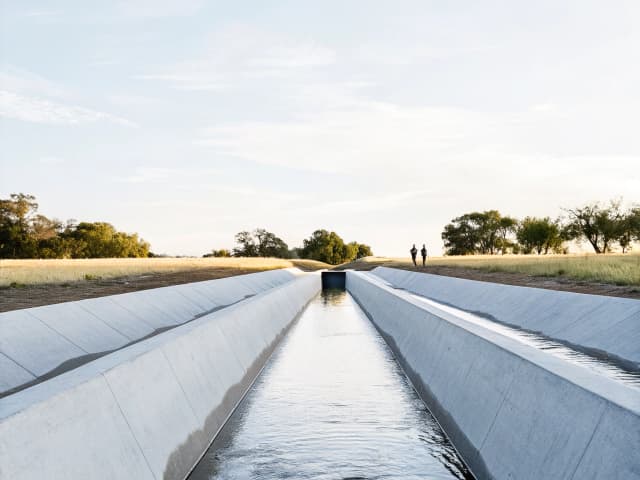
Water quality: state certification.
Establishes a public hearing for hydroelectric certification to ensure public input. Requires the board not to delegate if a hearing is requested. Authorizes fees to cover hearing and certification costs. Allows early certification to avoid waiver, with later revision after review.
Water quality: state certification.

Establishes a public hearing for hydroelectric certification to ensure public input. Requires the board not to delegate if a hearing is requested. Authorizes fees to cover hearing and certification costs. Allows early certification to avoid waiver, with later revision after review.
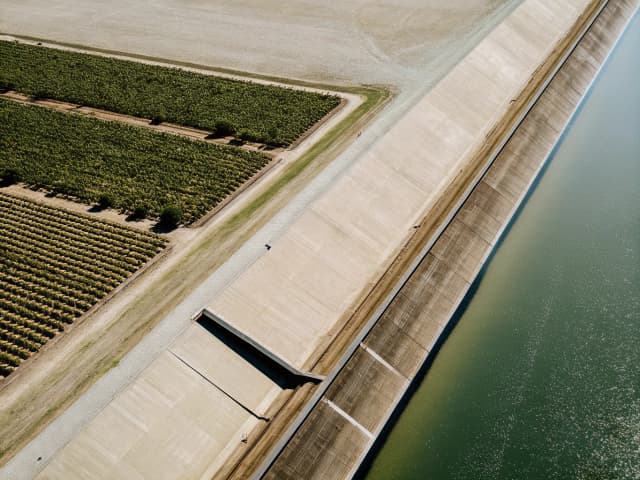
The California Water Plan: water storage.
Establishes water storage as California's preferred method for meeting future water demands. Requires the Department of Water Resources to update the state water plan to prioritize storage solutions. Aims to address growing water needs across urban, agricultural, and environmental sectors.
The California Water Plan: water storage.

Establishes water storage as California's preferred method for meeting future water demands. Requires the Department of Water Resources to update the state water plan to prioritize storage solutions. Aims to address growing water needs across urban, agricultural, and environmental sectors.
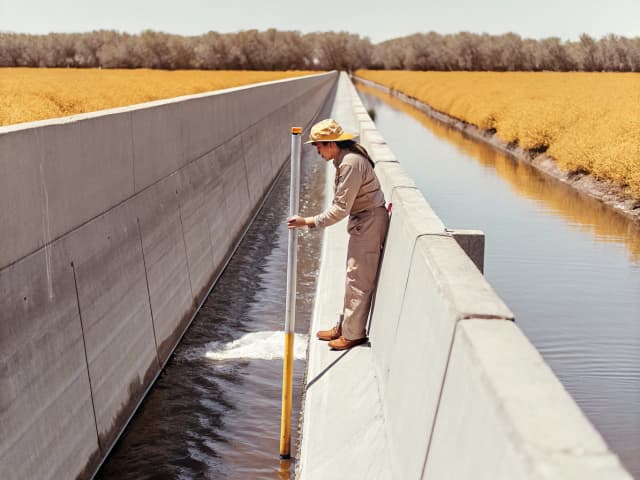
Water quality: permits.
Establishes new statewide water quality permits for large commercial and industrial properties by 2028. Requires properties with 5+ acres of impervious surface to control stormwater runoff and pollution. Creates options for compliance through green infrastructure or offsite stormwater capture. Mandates agreements between property owners and local governments for offsite water management.
Water quality: permits.

Establishes new statewide water quality permits for large commercial and industrial properties by 2028. Requires properties with 5+ acres of impervious surface to control stormwater runoff and pollution. Creates options for compliance through green infrastructure or offsite stormwater capture. Mandates agreements between property owners and local governments for offsite water management.

Water conservation: water wise designation.
Establishes a new 'Water Wise' designation program to recognize businesses that excel in water conservation practices. Requires commercial and industrial businesses to meet specific water management standards for certification. Integrates the designation program into the existing Save Our Water Campaign without new funding.
Water conservation: water wise designation.

Establishes a new 'Water Wise' designation program to recognize businesses that excel in water conservation practices. Requires commercial and industrial businesses to meet specific water management standards for certification. Integrates the designation program into the existing Save Our Water Campaign without new funding.
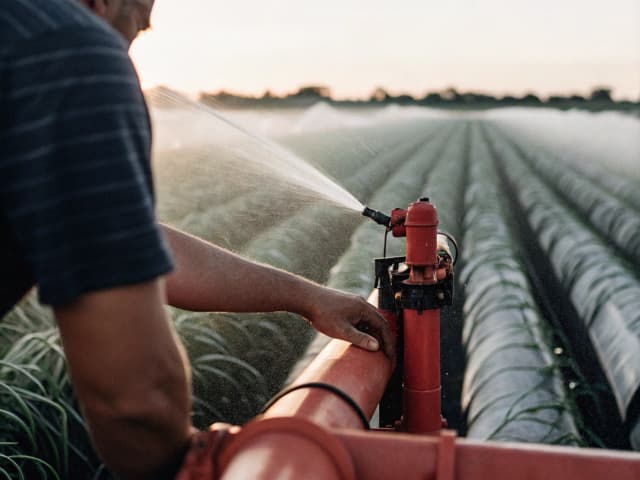
The Sacramento-San Joaquin Delta Reform Act of 2009.
Requires Delta Stewardship Council appointees to possess specific knowledge about the Sacramento-San Joaquin Delta. Expands appeal rights to state and local agencies for challenging Delta Plan consistency certifications. Establishes a 90-day deadline for filing legal challenges to Delta Plan decisions. Adds severability provisions to protect the Delta Plan if individual sections are found invalid.
The Sacramento-San Joaquin Delta Reform Act of 2009.

Requires Delta Stewardship Council appointees to possess specific knowledge about the Sacramento-San Joaquin Delta. Expands appeal rights to state and local agencies for challenging Delta Plan consistency certifications. Establishes a 90-day deadline for filing legal challenges to Delta Plan decisions. Adds severability provisions to protect the Delta Plan if individual sections are found invalid.

Public resources: transportation of carbon dioxide.
Mandates CO2 pipeline safety regs by July 1, 2026, aligned with federal draft standards. Requires annual inventory and maps of CO2 zones with redacted data shared with local responders. Requires CFD-based risk assessment before locating CO2 pipelines near sensitive receptors. Authorizes shutdown for violations or danger and keeps ruptures nonoperational during investigation.
Public resources: transportation of carbon dioxide.

Mandates CO2 pipeline safety regs by July 1, 2026, aligned with federal draft standards. Requires annual inventory and maps of CO2 zones with redacted data shared with local responders. Requires CFD-based risk assessment before locating CO2 pipelines near sensitive receptors. Authorizes shutdown for violations or danger and keeps ruptures nonoperational during investigation.
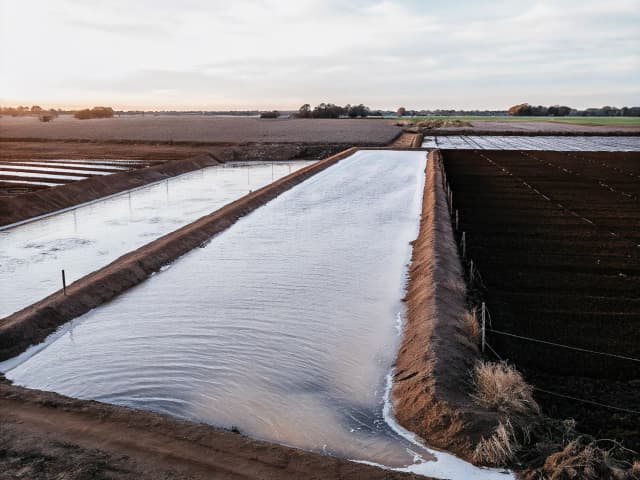
Atmospheric rivers: research: forecasting methods: experimental tools.
Requires the Department of Water Resources to use experimental tools for predicting atmospheric river patterns. Mandates improved forecasting methods to better protect communities from floods and maximize water storage. Enhances the state's ability to predict weather patterns up to six months in advance. Requires sharing of forecast data with federal, state, and local agencies to improve emergency response.
Atmospheric rivers: research: forecasting methods: experimental tools.

Requires the Department of Water Resources to use experimental tools for predicting atmospheric river patterns. Mandates improved forecasting methods to better protect communities from floods and maximize water storage. Enhances the state's ability to predict weather patterns up to six months in advance. Requires sharing of forecast data with federal, state, and local agencies to improve emergency response.

State Government.
Shortens the time limit for filing childhood sexual assault claims that occurred before 2024 to 3 years from discovery. Requires plaintiffs over 40 to prove gross negligence when suing public entities for sexual assault claims. Mandates all MacLaren Children's Center abuse claims be filed by January 1, 2026. Extends school district emergency loan repayment terms from 20 to 30 years.
State Government.

Shortens the time limit for filing childhood sexual assault claims that occurred before 2024 to 3 years from discovery. Requires plaintiffs over 40 to prove gross negligence when suing public entities for sexual assault claims. Mandates all MacLaren Children's Center abuse claims be filed by January 1, 2026. Extends school district emergency loan repayment terms from 20 to 30 years.
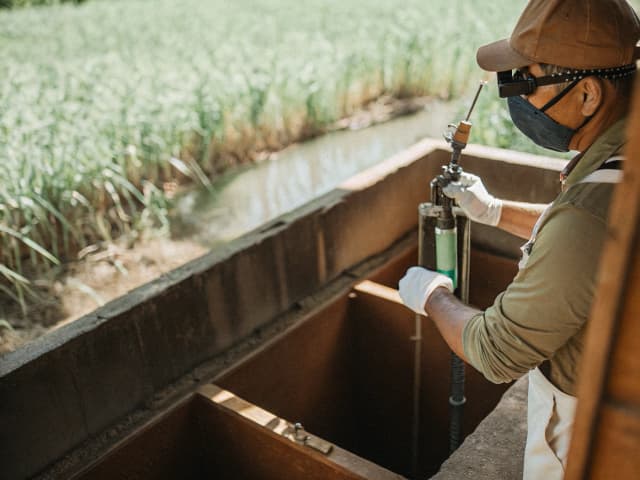
Sustainable groundwater management: basin boundaries.
Makes technical changes to groundwater basin boundary provisions in state law.
Sustainable groundwater management: basin boundaries.

Makes technical changes to groundwater basin boundary provisions in state law.

Department of Justice: phone scams.
Requires the Department of Justice to create a searchable public database of known phone scams by 2027. Mandates monthly updates to the database with verified reports of new phone scams. Establishes a system for the public to report suspected phone scams and search existing cases. Requires annual legislative reports on phone scam trends starting January 2028.
Department of Justice: phone scams.

Requires the Department of Justice to create a searchable public database of known phone scams by 2027. Mandates monthly updates to the database with verified reports of new phone scams. Establishes a system for the public to report suspected phone scams and search existing cases. Requires annual legislative reports on phone scam trends starting January 2028.
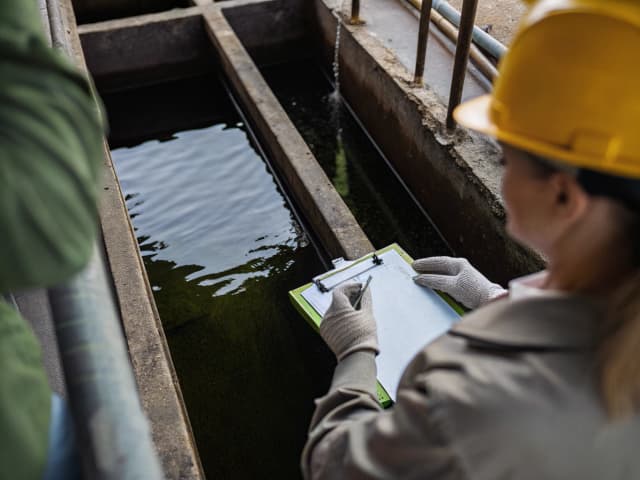
Public water systems: emergency notification plan.
Encourages public water systems to send emergency notifications via text, email, and social media. Promotes multilingual emergency notifications to water users in their preferred languages when resources allow. Requires water systems to maintain approved emergency notification plans for bacterial or safety issues. Mandates state oversight of emergency notification plans through new regulations.
Public water systems: emergency notification plan.

Encourages public water systems to send emergency notifications via text, email, and social media. Promotes multilingual emergency notifications to water users in their preferred languages when resources allow. Requires water systems to maintain approved emergency notification plans for bacterial or safety issues. Mandates state oversight of emergency notification plans through new regulations.
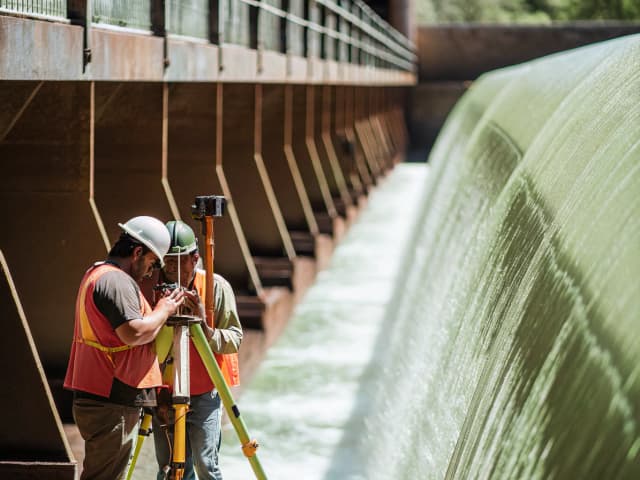
Water infrastructure: dams and reservoirs: water release: false pretenses.
Prohibits federal reservoirs in California from releasing water under fraudulent or false purposes. Authorizes the State Water Board and Attorney General to seek injunctive relief against violations. Defines false pretenses as knowingly misrepresenting the purpose and intended use of released water.
Water infrastructure: dams and reservoirs: water release: false pretenses.

Prohibits federal reservoirs in California from releasing water under fraudulent or false purposes. Authorizes the State Water Board and Attorney General to seek injunctive relief against violations. Defines false pretenses as knowingly misrepresenting the purpose and intended use of released water.

Water: schoolsites: lead testing.
Requires collection and public reporting of lead testing data at schools. CWS must compile data on facilities served, samples, declines, and results. Public data posted by June 30, 2028 in a searchable format. CCR must include a link to the state site by December 31, 2028.
Water: schoolsites: lead testing.

Requires collection and public reporting of lead testing data at schools. CWS must compile data on facilities served, samples, declines, and results. Public data posted by June 30, 2028 in a searchable format. CCR must include a link to the state site by December 31, 2028.
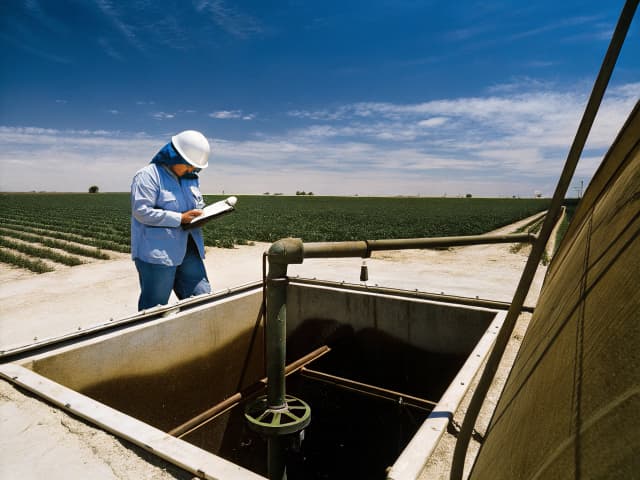
Tule East Groundwater Sustainability Agency Act.
Creates the Tule East Groundwater Sustainability Agency to manage groundwater resources in Tulare County. Establishes a five-member board including water district, county, and agricultural representatives. Authorizes the agency to collect fees, conduct studies, and enforce groundwater extraction regulations. Requires development of a sustainability plan to achieve long-term groundwater management goals.
Tule East Groundwater Sustainability Agency Act.

Creates the Tule East Groundwater Sustainability Agency to manage groundwater resources in Tulare County. Establishes a five-member board including water district, county, and agricultural representatives. Authorizes the agency to collect fees, conduct studies, and enforce groundwater extraction regulations. Requires development of a sustainability plan to achieve long-term groundwater management goals.

Drowning prevention: public schools: informational materials.
Establishes free English-language DIP materials aligned with CDC. Requires DIP groups to provide English materials free and supply a one-page alignment letter. Creates a state repository of water-safety curricula on the education department site. Authorizes regulatory review by public health to update drowning rules.
Drowning prevention: public schools: informational materials.

Establishes free English-language DIP materials aligned with CDC. Requires DIP groups to provide English materials free and supply a one-page alignment letter. Creates a state repository of water-safety curricula on the education department site. Authorizes regulatory review by public health to update drowning rules.
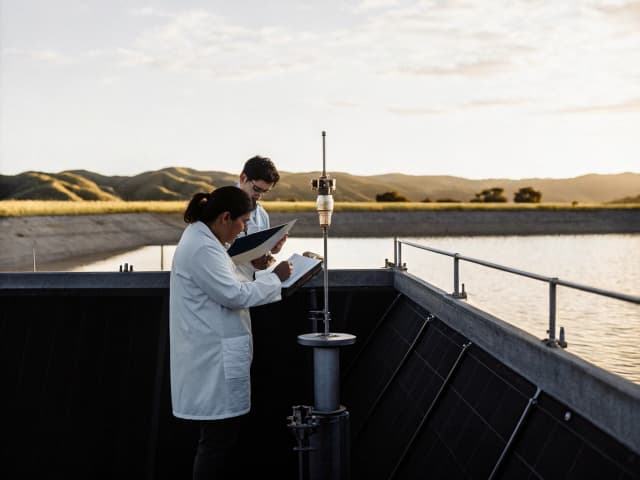
California Environmental Quality Act: exemption: Five-Mile Basin.
Exempts a Chico sediment removal project from environmental review requirements to address flooding risks. Creates a special exemption for the Five-Mile Basin project due to unique local flooding concerns. Allows immediate project implementation without environmental impact studies or public review periods.
California Environmental Quality Act: exemption: Five-Mile Basin.

Exempts a Chico sediment removal project from environmental review requirements to address flooding risks. Creates a special exemption for the Five-Mile Basin project due to unique local flooding concerns. Allows immediate project implementation without environmental impact studies or public review periods.
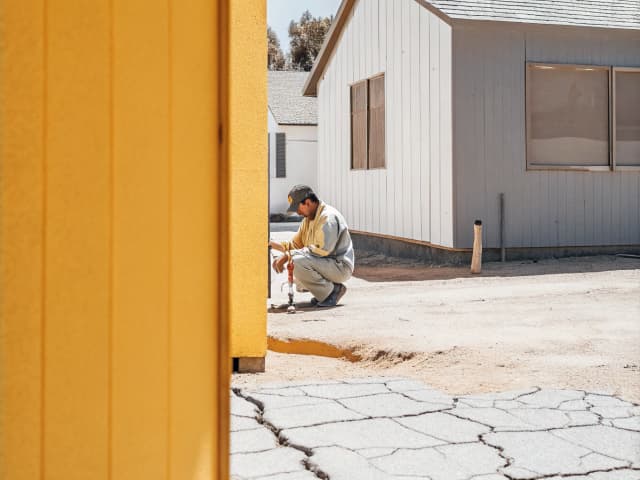
Drought planning: resiliency measures.
Exempts small water suppliers from water metering requirements if they cannot secure state funding or raise local rates. Requires small water suppliers to implement backup power systems by January 2024 to ensure continuous operations. Mandates water suppliers maintain membership in mutual aid organizations starting January 2023. Requires suppliers to establish backup water sources sufficient for daily demand by January 2027.
Drought planning: resiliency measures.

Exempts small water suppliers from water metering requirements if they cannot secure state funding or raise local rates. Requires small water suppliers to implement backup power systems by January 2024 to ensure continuous operations. Mandates water suppliers maintain membership in mutual aid organizations starting January 2023. Requires suppliers to establish backup water sources sufficient for daily demand by January 2027.